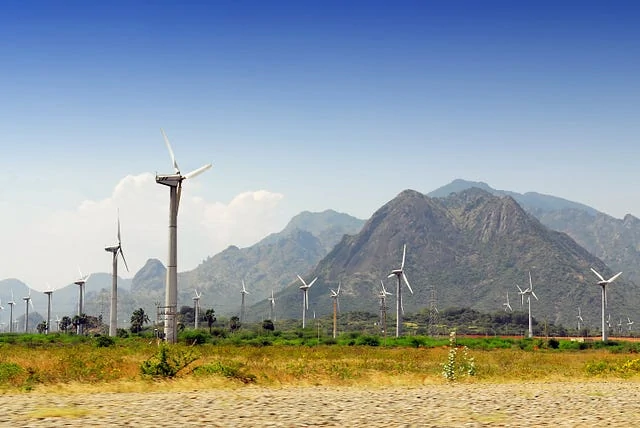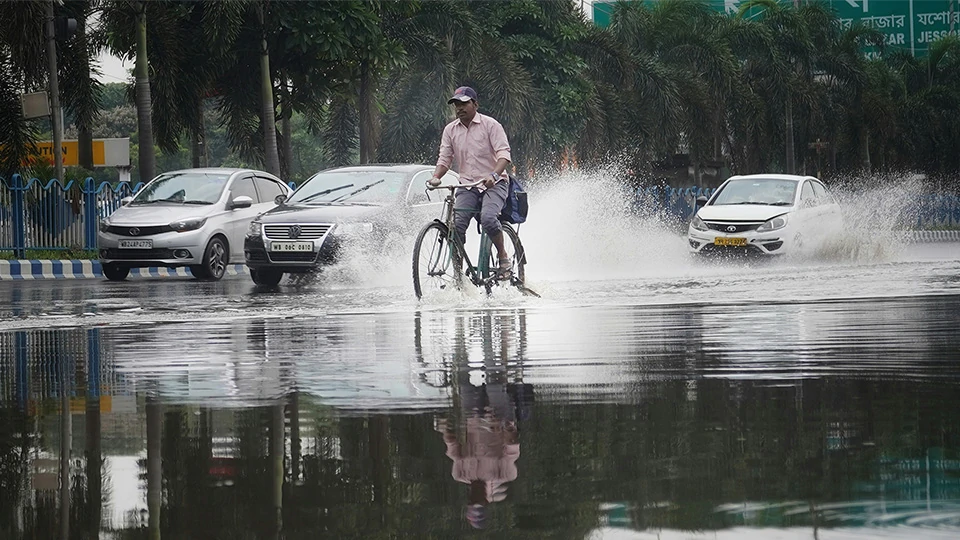This year has been taxing the world; rising inflation across East Asia, Africa, and Europe, coupled with energy and food crises, have led to a reduced global focus on climate commitments.
Over the years, the voice of the global South has played a critical role in shaping international climate discourse; and this is especially clear this year — as adaptation and resilience, as well as loss and damage, occupy significant space on the COP27 agenda. With Pakistan presently chairing G77 plus China and India chairing the G20 later this year, the moment is opportune for the global South to bring focus to adaptation, resilience, and loss and damage, within the realm of climate finance.
This year has been taxing the world; rising inflation across East Asia, Africa, and Europe, coupled with energy and food crises, have led to a reduced global focus on climate commitments. With each country looking increasingly inward to address their own economic and climate crises, mobilising climate finance faces significant challenges. COP27 will likely draw attention to the still incomplete promise of annual USD 100 billion. However, cognisant that this figure was arrived at more than 13 years ago, prior to accurate costing of needs, developing countries can direct focus towards the UNFCCC’s recent Needs Determination Report (NDR). Importantly, this report recognises the growing need for climate adaptation in developing countries.
Prepared on the basis of quantitative and qualitative data collected from developing countries across Asia, Africa, Latin America, etc., the NDR states that presently, costed mitigation (emissions reduction) needs are cumulatively larger than adaptation needs; possibly due to easier access to information about methodologies to determine mitigation needs. However, the NDR acknowledges that several needs of countries may have gone un-costed due to lack of availability of data. As countries develop improved tools to cost adaptation needs, such data is going to play a critical role in attracting finance to ongoing adaptation and resilience efforts in the global South. This is especially relevant as developing countries have identified a higher number of adaptation needs, over those of mitigation. As Kashmala Kakakhel
of the Green Climate Fund pointed out in her recent address at the National Conference on COP27 Compass, developing countries must invest in costing their needs accurately, in order to identify the required quantum of global climate finance.
To address climate change impacts, which have been aggravated by the COVID-19 pandemic and global conflicts, developing countries are suggesting mobilising USD 500 billion as a stimulus for the worst hit economies to achieve their Sustainable Development Goals, providing emergency food supplies for over 250 million people, and ensuring the availability of energy for developing countries, among others. Significant issues that they will draw attention to include the need for enhanced transparency of finance flows, as well as access to such flows, particularly for Africa, least developed countries, and small island developing countries.
COP27’s agenda also includes a review of the present financial mechanism, updates from the Green Climate Fund, as well as funding arrangements for loss and damage. With climate finance at the heart of the agenda, parties at COP27 are also likely to deliberate on how to galvanise such climate finance, including UN Secretary-General António Guterres’ call for a windfall tax on the profits of fossil fuel companies for a loss and damage fund, to compensate countries for damage due to climate impacts. The World Bank has estimated that Pakistan suffered damages amounting to USD 40 billion due to its recent floods. In such circumstances, concerns such as increasing national debt, aggravated by past climate impacts, the COVID-19 pandemic and the war on Ukraine, must also be factored into such negotiations. Developing countries must also identify preferred sources of climate finance — whether from the private or public sectors, the nature of conditions imposed on such finance, as well as the triggers for the flow of such finance. Without these nuances, it will be difficult for negotiations on adaptation and loss and damage finance to account for equity amongst countries in the global North and South.

Subscribe to our Newsletter
Join ICC's monthly newsletter and read more about uplifting climate narratives, innovative solutions, and other updates.





